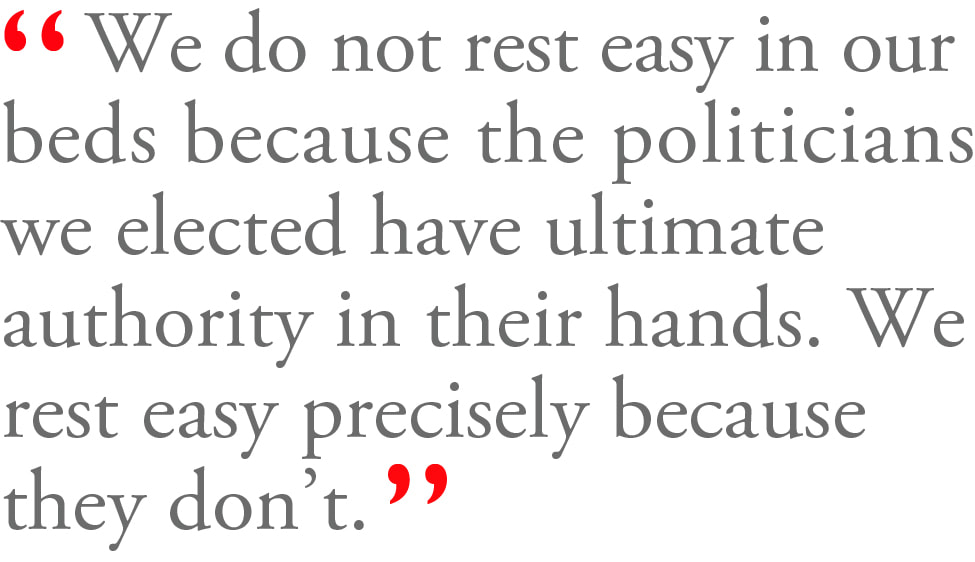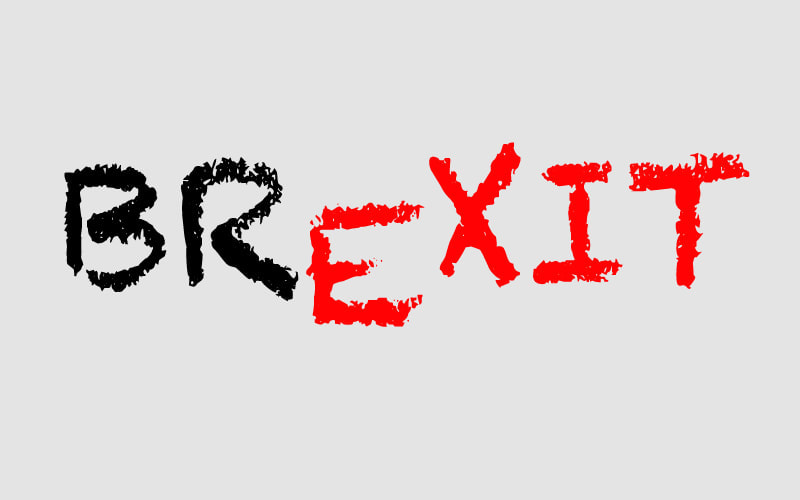|
We are probably all vaguely aware that the everyday contacts we have with authority in our supposedly democratic societies is with unelected bodies rather than with elected politicians, It is unelected bodies that help keep our financial savings safe, help determine our monthly utility bills, protect our health by deciding what medical treatments are effective and when a food product is past its ‘sell- by’ date, that keep public transport ‘safe’ and inspect our schools. They are with us when we are awake and when we are asleep. By contrast, fortunately for us, we can switch off from politics and politicians.
At the same time there is considerable confusion about how such bodies fit within the democratic organization of authority. When President Trump has a sleepless night and criticises the US Federal Reserve in a tweet, there are some who would agree that central banks have acquired too much power. since the 2008 financial crisis. This blog looks at the main sources of confusion in thinking about how unelected bodies fit within a democratic framework.
0 Comments
On this side of the Atlantic we are all fed up with Brexit. On the other side of the Atlantic we are all fed up with Trump. Both topics suck the oxygen from any room. Each sends otherwise rational humans clambering on to a much earlier branch in the evolutionary tree.
This blog avoids the politics of Brexit. It looks instead at some of the institutional and constitutional lessons. The saga of Brexit is unfortunately still far from over. The outcome is still unpredictable. Nevertheless some of the key institutional lessons are already clear. |
Archives
June 2024
|



 RSS Feed
RSS Feed